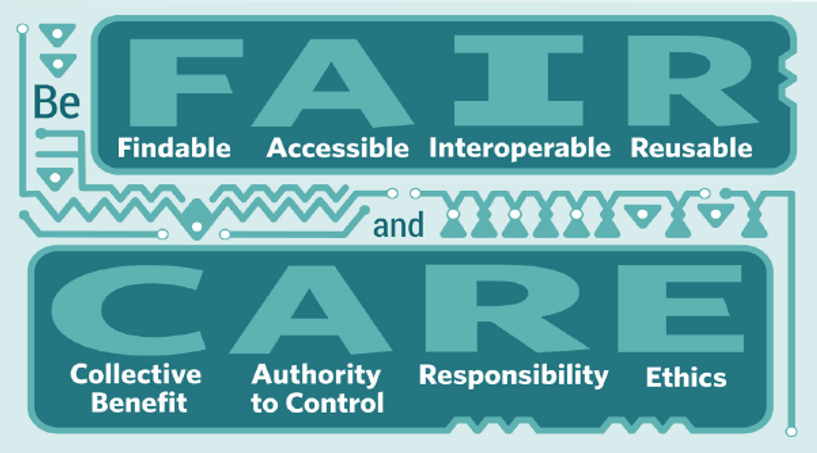Overview of the CARE Principles | CARE Principles Slides
The CARE Principles for Indigenous Data Governance - Data Science Journal Publication
The CARE Principles in Spanish - CREA para la Gobernanza de Datos Indigenas
The CARE Principles in Vietnamese - Các nguyên tắc CARE đối với quản trị dữ liệu bản địa
The CARE Principles in Māori - Ngā Mātāpono mō te Raraunga Iwi Taketake
The CARE Principles in German - Die CARE-Prinzipien für indigene Data Governance
The CARE Principles in Khmer - គោលការណ៍ ឃែរ (CARE) សម្រាប់អភិបាលកិច្ចទិន្នន្័យ ជន្ជាតិគ ើមភាគតិច
CARE Principles for Indigenous Data Governance
The current movement toward open data and open science does not fully engage with Indigenous Peoples rights and interests. Existing principles within the open data movement (e.g. FAIR: findable, accessible, interoperable, reusable) primarily focus on characteristics of data that will facilitate increased data sharing among entities while ignoring power differentials and historical contexts. The emphasis on greater data sharing alone creates a tension for Indigenous Peoples who are also asserting greater control over the application and use of Indigenous data and Indigenous Knowledge for collective benefit.
This includes the right to create value from Indigenous data in ways that are grounded in Indigenous worldviews and realise opportunities within the knowledge economy. The CARE Principles for Indigenous Data Governance are people and purpose-oriented, reflecting the crucial role of data in advancing Indigenous innovation and self-determination. These principles complement the existing FAIR principles encouraging open and other data movements to consider both people and purpose in their advocacy and pursuits.
#BeFAIRandCARE
FAIR Guiding Principles for scientific data management and stewardship can be accessed here
CARE Principles Publications
Recent publications extending on the CARE Principles
Acknowledgements
The CARE Principles for Indigenous Data Governance were drafted at the International Data Week and Research Data Alliance Plenary co-hosted event “Indigenous Data Sovereignty Principles for the Governance of Indigenous Data Workshop,” 8 November 2018, Gaborone, Botswana.
Co-lead: Stephanie Russo Carroll, University of Arizona, USA
Co-lead: Maui Hudson, University of Waikato, Aotearoa New Zealand
Jan Chapman, Australian National University, Australia
Oscar Luis Figueroa-Rodríguez, COLPOS-Colegio de Postgraduados, Mexico
Jarita Holbrook, University of Western Cape, South Africa
Ray Lovett, Australian National University, Australia
Simeon Materechera, North West University, South Africa
Mark Parsons, Rensselaer Polytechnic Institute, USA
Kay Raseroka, Joint Minds Consult, Botswana
Desi Rodriguez-Lonebear, University of Arizona, USA & University of Waikato, Aotearoa New Zealand
Robyn Rowe, Laurentian University, Canada
Rodrigo Sara, Consultative Group on International Agriculture Research(CGIAR)/Biodiversity International, Italy
Jennifer Walker, Laurentian University, Canada
Thank you to the following individuals for their comments, edits, and suggestions: Randy Akee, Leah Ballantyne, Donna Cormack, Dominique David-Chavez, Bhiamie Eckford-Williamson, Nanibaa’ Garrison, Sharon Hausam, Lydia Jennings, Tahu Kukutai, Kelsey Leonard, Christina Ore, Qunmigu (Kacey Hopson), Andrew Sporle, Michele Suina, Maggie Walter, the Alaska Native Policy Center at the First Alaskans Institute, and the “The International Law, United Nations Declaration of the Rights of Indigenous Peoples and Indigenous Data Sovereignty” Workshop at the Oñati International Institute of the Sociology of Law.


